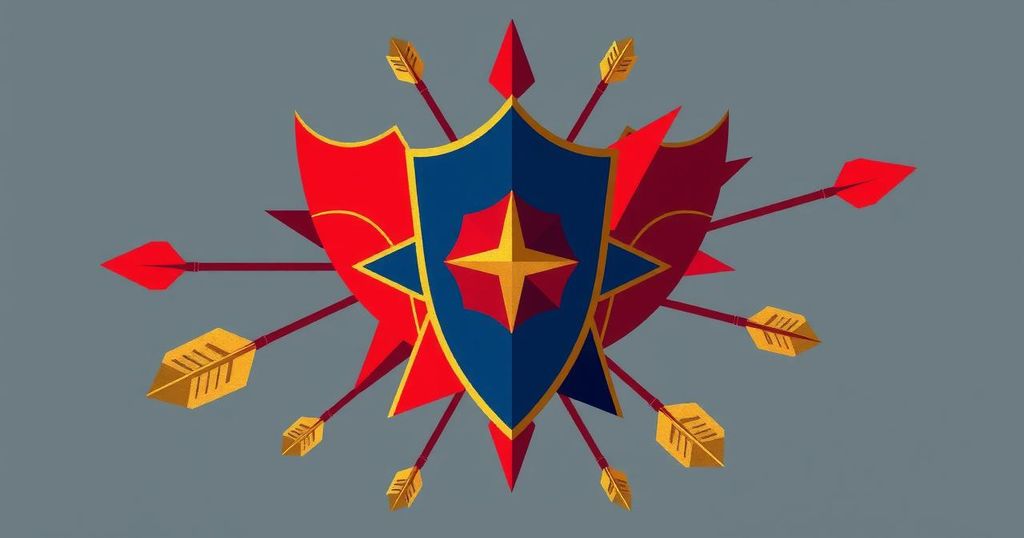World news
ASIA, CNN, EUROPE, EUROPE/ASIA, FOREIGN AFFAIRS, KCNA, KIM JONG UN, KOREA, NORTH, KOREAN CENTRAL NEWS AGENCY, KYIV, LA, LAVROV, MILITARY, MILITARY COOPERATION, MOSCOW, NORTH KOREA, PYONGYANG, RUSSIA, RUSSIA-NORTH KOREA COOPERATION, RUSSIA-UKRAINE WAR, SERGEY LAVROV, UKRAINE, WAR
Fatima Khan
0 Comments
Ukraine Denies North Korea Planning to Send Additional Troops to Russia
- Ukraine denies report of North Korea sending additional troops to Russia.
- Claims of 30,000 North Korean troops aiding Russia were refuted.
- Kim Jong Un expressed unconditional support for Moscow’s efforts.
- Lavrov aims to enhance strategic cooperation with North Korea.
Ukraine Refutes Claims of North Korean Troop Deployment
Ukraine’s military intelligence agency has publicly refuted claims regarding North Korea’s supposed plans to dispatch 30,000 additional troops to Russia. This announcement comes in direct response to a CNN report that surfaced earlier this month, which cited sources from both Ukrainian intelligence and Western security entities. The allegations suggested that this troop buildup would assist Russia’s ongoing military operations in Ukraine, sparking a wave of concern regarding increased foreign involvement in the conflict.
Kim Jong Un Offers Support Amid Diplomacy with Russia
The Ukrainian denial coincided with an important diplomatic meeting between North Korean leader Kim Jong Un and Russia’s Foreign Minister Sergey Lavrov. During this encounter, Kim professed that North Korea is prepared to offer its “unconditional support” for Russia’s initiatives aimed at resolving the ongoing war in Ukraine. Lavrov, following his three-day visit to North Korea, noted that the two nations are keen to enhance their strategic and tactical cooperation moving forward, asserting that these efforts will unfold in the international arena, as reported by North Korea’s state-run news agency KCNA.
In summary, Ukraine has firmly denied allegations circulating regarding North Korea’s potential troop contributions to Russia’s military efforts in Ukraine. With Kim Jong Un making commitments of support, the situation remains delicate as diplomatic relations between these nations evolve. Moscow continues to seek deeper cooperation, which raises questions about the future dynamics of the conflict.




Post Comment